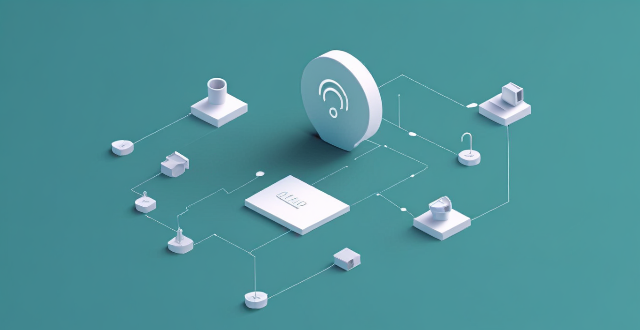This topic summary discusses the key factors to consider before upgrading a broadband connection, including speed requirements, data caps, reliability, cost, availability, customer support, and additional features. It emphasizes the importance of evaluating current internet usage, future needs, monthly limits, overage charges, downtime frequency, service outages, contract terms, pricing plans, provider options, infrastructure, service quality, user reviews, bundling opportunities, and security measures. The conclusion suggests that by considering these factors, one can make an informed decision that meets current needs and anticipates future changes in internet usage patterns.

Factors to Consider Before Upgrading Your Broadband Connection
Before upgrading your broadband connection, there are several key factors you should consider to ensure that you make the right choice for your needs. These factors include:
1. Speed Requirements
- Current Usage: Evaluate how you currently use the internet. Are you a casual user who only browses the web and checks email, or do you frequently stream HD videos, play online games, or work from home?
- Future Needs: Consider any future needs you may have, such as increased remote work or adding more devices to your network.
2. Data Caps
- Monthly Limits: Check if your current plan has data caps and whether these limits are sufficient for your usage.
- Overage Charges: Understand the costs associated with exceeding data caps and whether it makes sense to upgrade to an unlimited plan.
3. Reliability
- Downtime Frequency: Assess how often you experience downtime or slow speeds during peak hours.
- Service Outages: Consider the impact of service outages on your daily activities and work responsibilities.
4. Cost
- Contract Terms: Review the terms of your current contract to determine if there are early termination fees or other penalties for changing providers.
- Pricing Plans: Compare pricing plans from different providers to find the best deal for the speed and data allowances you need.
5. Availability
- Provider Options: Research which broadband providers are available in your area and compare their services.
- Infrastructure: Check if your location is equipped for high-speed broadband connections like fiber optics or if you're limited to DSL or cable.
6. Customer Support
- Service Quality: Look into the quality of customer support offered by potential providers, including response times and problem resolution rates.
- User Reviews: Read user reviews and feedback about the customer service experiences of different providers.
7. Additional Features
- Bundling Opportunities: Some providers offer discounts for bundling services like TV and phone along with your broadband connection.
- Security & Privacy: Consider the security measures and privacy policies provided by different broadband companies.
Conclusion
By thoroughly considering these factors before upgrading your broadband connection, you can make an informed decision that meets your current needs and anticipates future changes in your internet usage patterns.